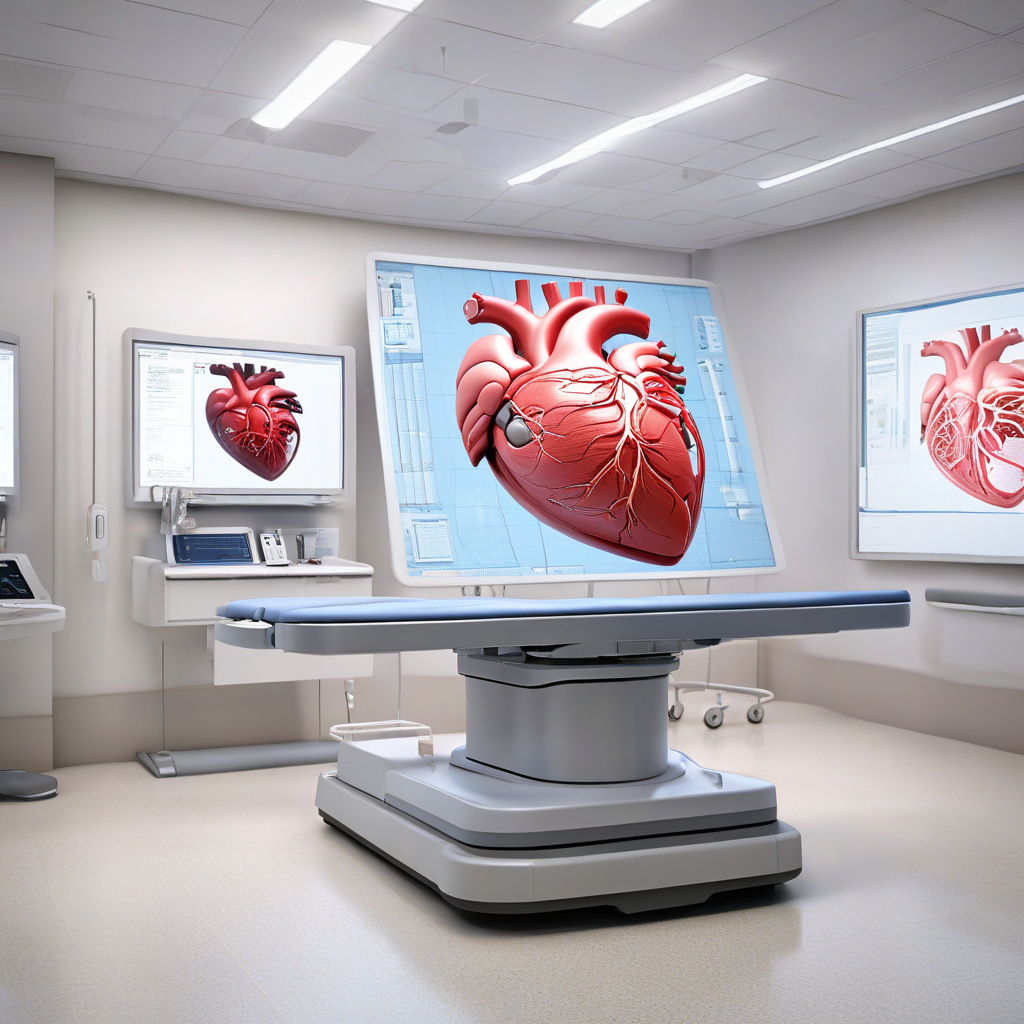AI in Cardiology: How Cardisio’s 3D Heart Scan Could Revolutionize Early Heart Diagnostics
The field of cardiology is on the brink of a groundbreaking transformation with the introduction of artificial intelligence (AI) technology. One of the most promising advancements in this area is Cardisio’s 3D heart scan, which has the potential to significantly reduce waiting times for patients in the NHS, as well as improve the accuracy and efficiency of early heart diagnostics.
Cardisio’s innovative 3D heart scan technology utilizes AI algorithms to create detailed three-dimensional images of the heart. These high-resolution images provide cardiologists with a comprehensive view of the heart’s structure and function, allowing them to detect potential issues at an earlier stage and with greater precision than traditional imaging methods.
One of the key advantages of Cardisio’s 3D heart scan is its ability to expedite the diagnostic process. By generating detailed images in a matter of minutes, this technology can help reduce the time it takes for patients to receive a diagnosis and begin treatment. This not only improves patient outcomes but also alleviates the strain on the NHS by streamlining the healthcare process.
In addition to reducing waiting times, Cardisio’s 3D heart scan also enhances the accuracy of early heart diagnostics. The detailed images produced by this technology enable cardiologists to identify subtle abnormalities that may have been missed with conventional imaging techniques. By detecting issues at an earlier stage, patients can receive timely interventions that can prevent the progression of heart conditions and improve their overall prognosis.
Furthermore, the efficiency of Cardisio’s 3D heart scan can lead to cost savings for healthcare providers. By streamlining the diagnostic process and reducing the need for additional tests, this technology can help lower healthcare costs associated with the management of heart conditions. This cost-effectiveness makes Cardisio’s 3D heart scan an attractive option for healthcare facilities looking to improve patient care while optimizing resource allocation.
Overall, Cardisio’s 3D heart scan represents a significant advancement in the field of cardiology, with the potential to revolutionize early heart diagnostics. By harnessing the power of AI technology to create detailed three-dimensional images of the heart, this innovative technology has the ability to reduce waiting times, enhance diagnostic accuracy, and improve cost-efficiency in healthcare settings.
As AI continues to transform the landscape of cardiology, innovations like Cardisio’s 3D heart scan are paving the way for a new era of early heart diagnostics that prioritize precision, efficiency, and patient outcomes.
AI, Cardiology, HeartDiagnostics, NHS, HealthcareRevolution
